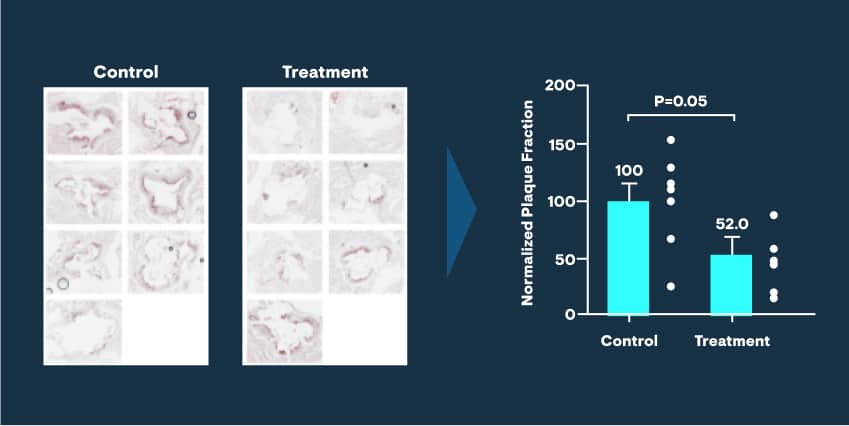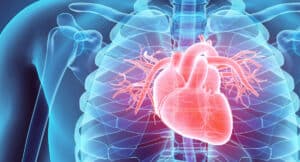BOSTON, M.A.–Repair Biotechnologies, Inc. announced today breakthrough results from a preclinical study of the Cholesterol Degrading Platform (CDP) in a mouse model of late-stage cardiovascular disease. A single treatment of the CDP drug developed by Repair Biotechnologies resulted in a 48% reversal of the obstruction of aortic blood vessels by lipid-based plaque.

Additionally, Repair Biotechnologies is joined by a new Chief Scientific Officer, Dr. Mourad Topors, with considerable experience in preclinical and clinical development of therapies for cardiometabolic disease, as well as Scientific Advisory Board member industry Dr. Bobby Khan, a veteran of clinical development of therapies in the field of cardiovascular disease. “With compelling animal data in hand and an outstanding team, Repair Biotechnologies is well prepared for the development of a first in class, important new approach to the treatment of atherosclerosis,” said Dr. Topors.
Repair Biotechnologies CEO Reason said, “We welcome the addition of noteworthy talent to our team, as we demonstrate in animal models that new approaches to the significant unmet need and high mortality of cardiovascular disease can be viable and highly effective.”
Atherosclerosis is a chronic maladaptive inflammatory response triggered by the retention of cholesterol-rich low-density lipoproteins within the walls of arteries, causing the formation of plaques that obstruct and weaken these blood vessels. This condition is the underlying cause of cardiovascular disease, which continues to be the leading cause of death worldwide. Humans cannot degrade cholesterol and therefore the accumulation of cholesterol in blood vessels, liver, and other vital organs gives rise to heart disease, stroke, and a growing number of other conditions.
In response to this unmet need, Repair Biotechnologies has developed the Cholesterol Degrading Platform (CDP), an innovative system of engineered proteins that can safely break down excess cholesterol into a water-soluble product that is readily excreted from cells and eliminated by the kidneys. Enabling the breakdown of excess cholesterol in specific disease-prone tissues throughout the body is hypothesized to ameliorate a fundamental driver of cardiovascular disease and thus provide transformative health benefits to patients.
Repair Biotechnologies has now provided compelling preclinical evidence for this hypothesis in a mouse model of atherosclerosis. APOE knockout mice readily develop profound atherosclerotic lesions when fed a high-fat, Western diet. Mice were allowed to develop lesions, and were then treated once with CDP or control therapy. Following treatment, the CDP-treated mice were found to have a halved burden of lipid-based atherosclerotic plaque.
Significant reversal of plaque is a goal of great importance for the cardiovascular research and medical communities. The present use of statins, and even the new approach of PCSK9 inhibitor drugs, cannot produce a large reversal of plaque in patients. Meta-analyses report that statins and PCSK9 inhibitors reduce plaque burden by as little as 0-1%. The primary benefit of statins and similar approaches to cardiovascular disease is a slowing of progression, rather than reversal or a true cure. Mortality due to cardiovascular disease correlates with plaque burden, and thus a means of safely reversing that burden via sizable reductions in existing plaque is much needed.
Repair Biotechnologies believes that CDP therapy will provide significant benefits in all clinic indications where abnormal cholesterol accumulation is a main driver of disease onset and progression, and looks forward to establishing a new and important branch of the fight against cardiovascular disease.

